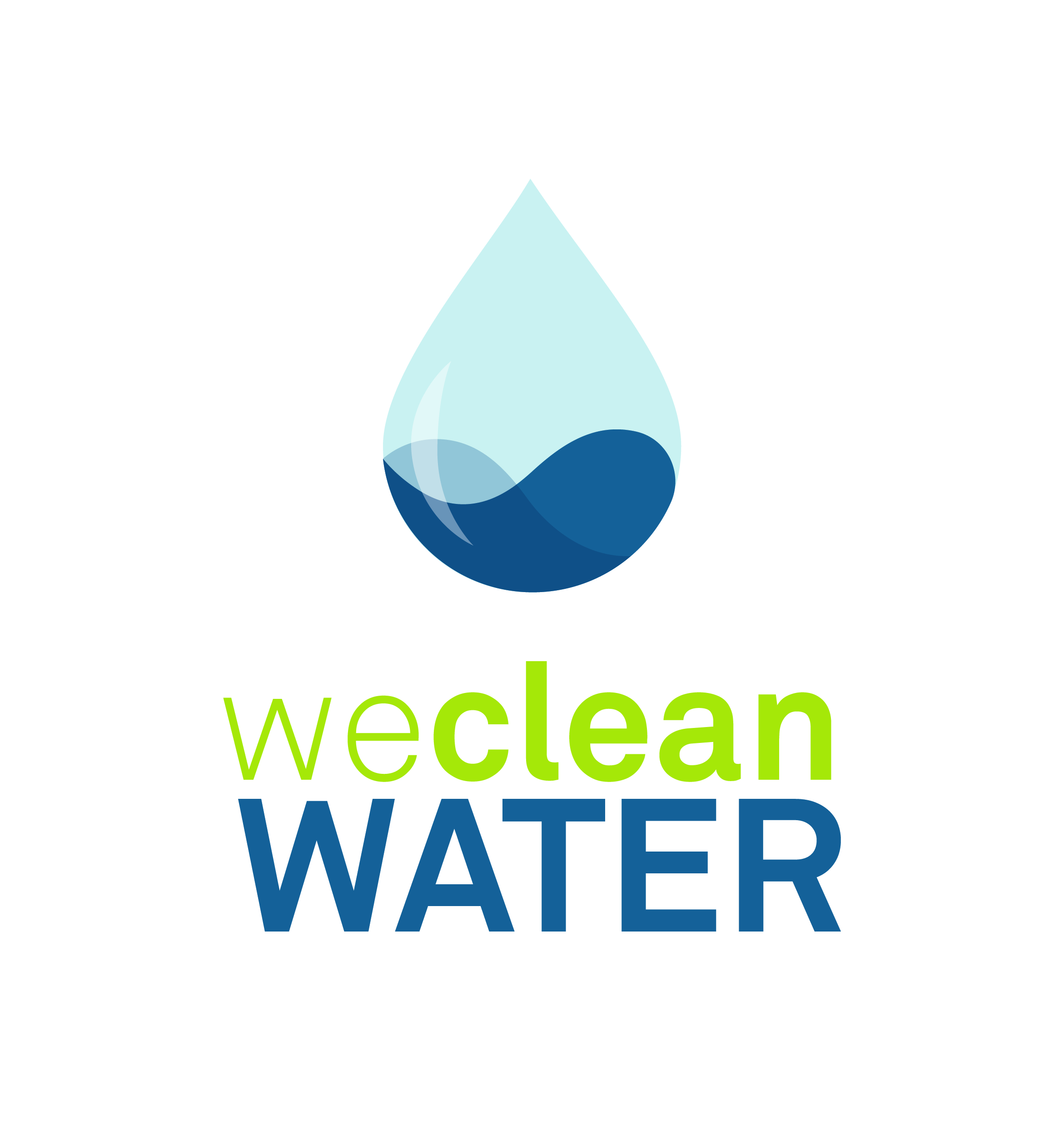Environmental Opportunities
Recycled water is part of the MWMC’s environmental stewardship objectives, including resource recovery, sustainability, water quality protection, and watershed restoration.
Habitat Enhancement
The MWMC takes great pride in providing high-quality wastewater services that protect the Willamette River. That’s why the MWMC is partnering with local organizations to restore riparian shade trees to our watersheds – thereby enhancing the natural capacity to keep our streams cool for salmon and other cold-water species. To complement that practice, the MWMC is seeking ways to reduce the thermal impacts of treated water that is returned to the Willamette River after being cleaned. By recycling water, we can reduce the total flow, and therefore thermal impact, of discharge to the river, helping to maintain the cooler river temperatures needed to protect habitat. Eventually, recycled water could be used to further enhance the environment by restoring wetlands and urban stream flows.
Pollutant Management
Recycled water has other proven assets for pollutant management. Trace amounts of nutrients, including nitrogen and phosphorous, are dissolved in treated wastewater. While these low concentrations are not harmful to the river ecosystem, they do add to the overall nutrient levels of the river. By diverting recycled water to landscape irrigation or crops, the plants benefit from the trace nutrients and recycle them into the plant lifecycle. Similarly, trace amounts of pollutants which can build up in the river environment are readily broken down in soil environments where bacteria and plant roots are active. Perhaps most importantly, community awareness of the recycled water lifecycle raises attention to the impacts of our daily choices on our water resources. In this way, recycled water use can promote overall pollutant reduction in our community.
Resiliency
Recycled water use adoption can help prepare our community for resiliency to environmental stresses. By adapting our “green infrastructure” – our urban forest, stormwater planters, and other green spaces – for recycled water irrigation, we can keep these living assets thriving and functioning in times of drought. Climate projections predict increasingly longer, drier, non-rainy seasons for Western Oregon. This will increase the water demand for irrigation on drought-stressed water supplies. Recycled water can bridge this gap. Our green infrastructure will be needed to reduce urban heat island effects and other impacts of prolonged dry season conditions. Recycled water can enhance urban stream flows and help maintain better water quality through drought-stressed periods. These green infrastructure assets are important during the wet season to control flooding and pollutant runoff.
Get Engaged
To learn more about recycled water’s environmental opportunities and to add your name to a list of potentially interested collaborators, email Todd Miller, City of Springfield Environmental Services Supervisor, at tmiller@springfield-or.gov.
Learn More
Informational Videos
Check out this video to learn more about the MWMC’s efforts to protect the health of our community and the environment in a sustainable manner.
Watch to learn more about the MWMC and how we clean wastewater for the Eugene-Springfield area.
Learn more about the lifecycle of our Biocycle Farm poplar trees, which are irrigated with recycled water.


